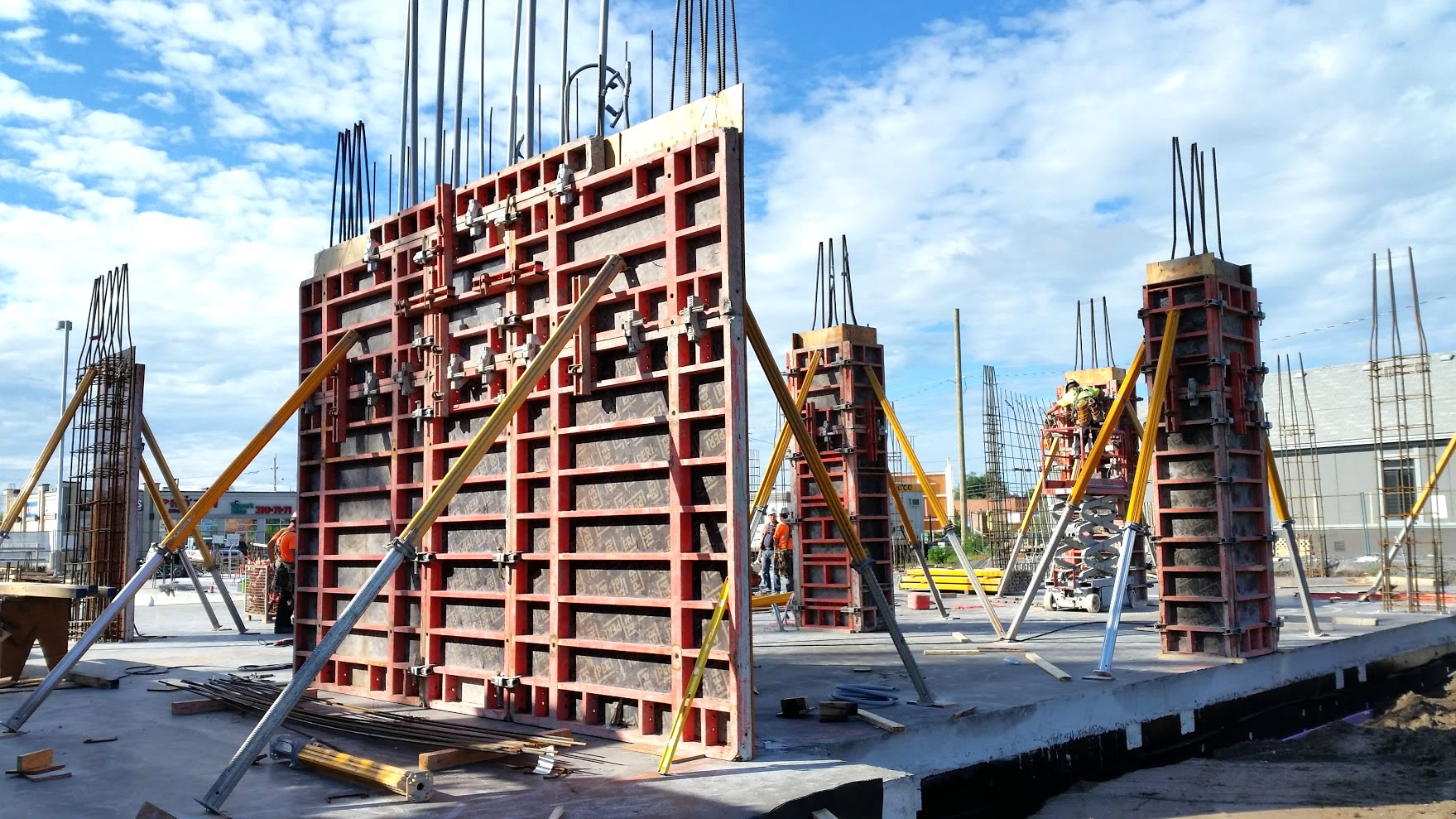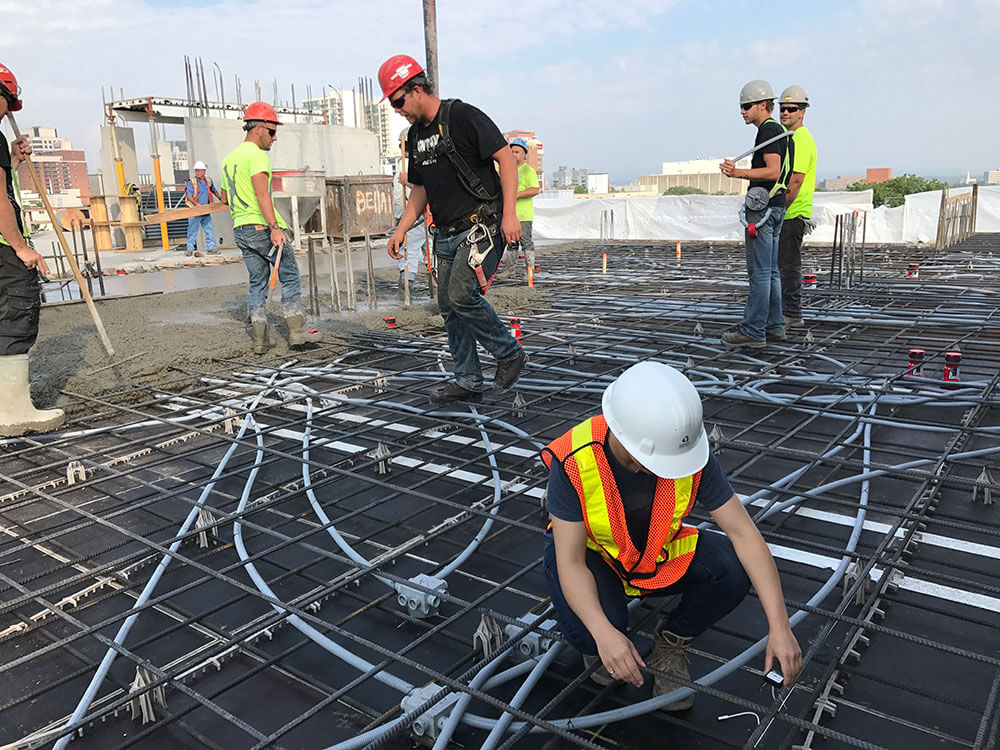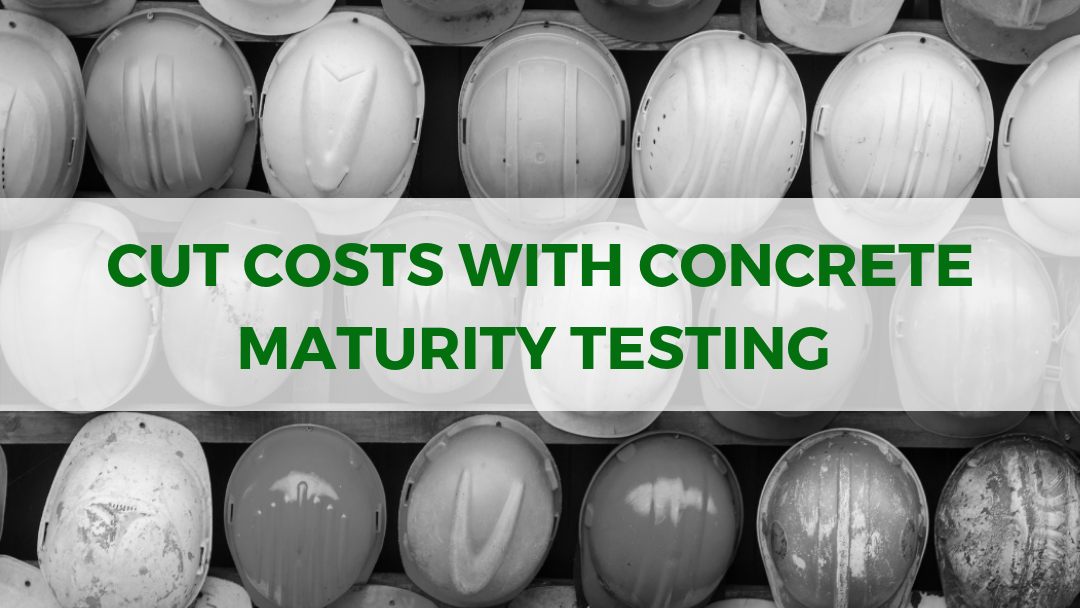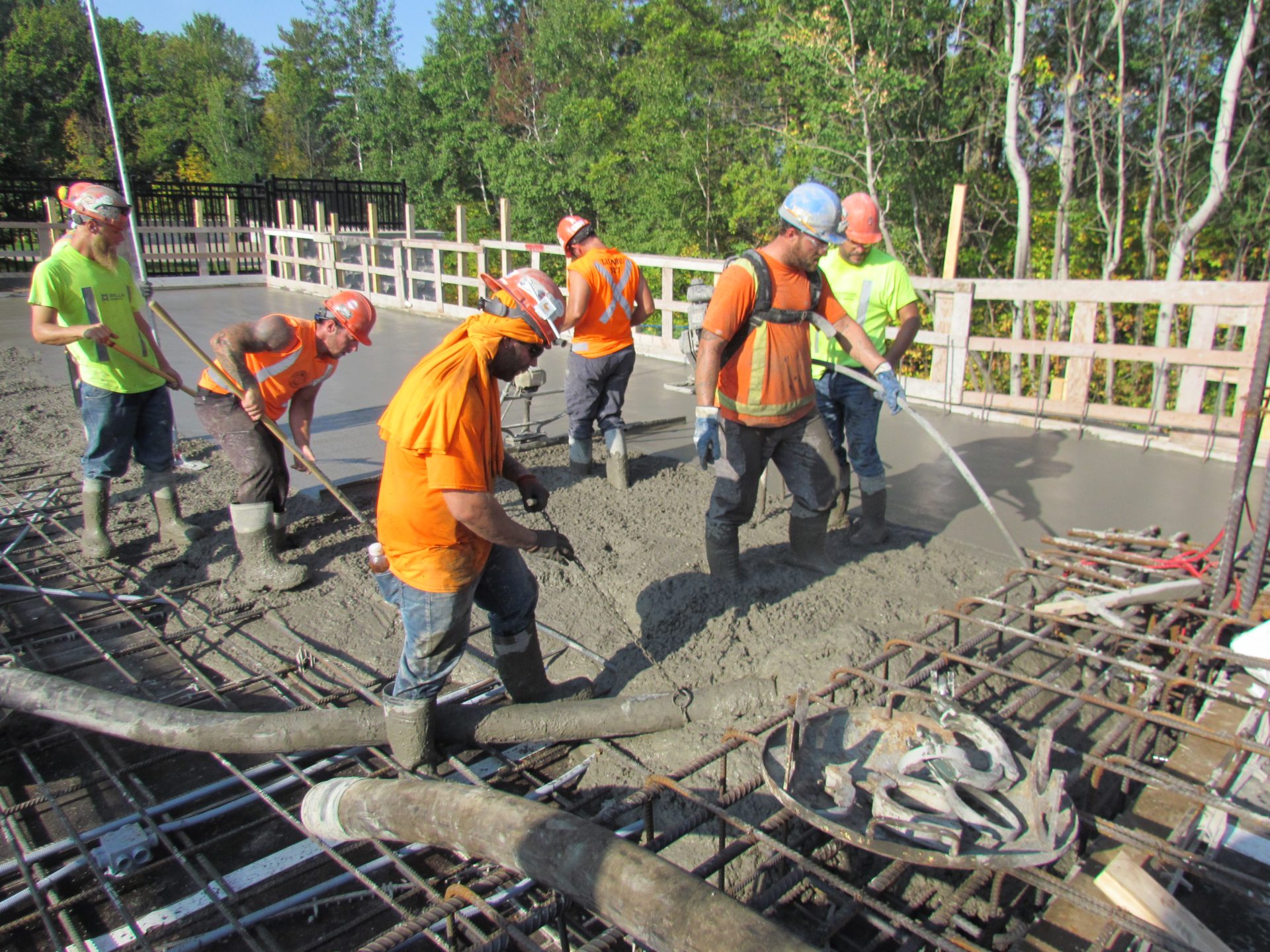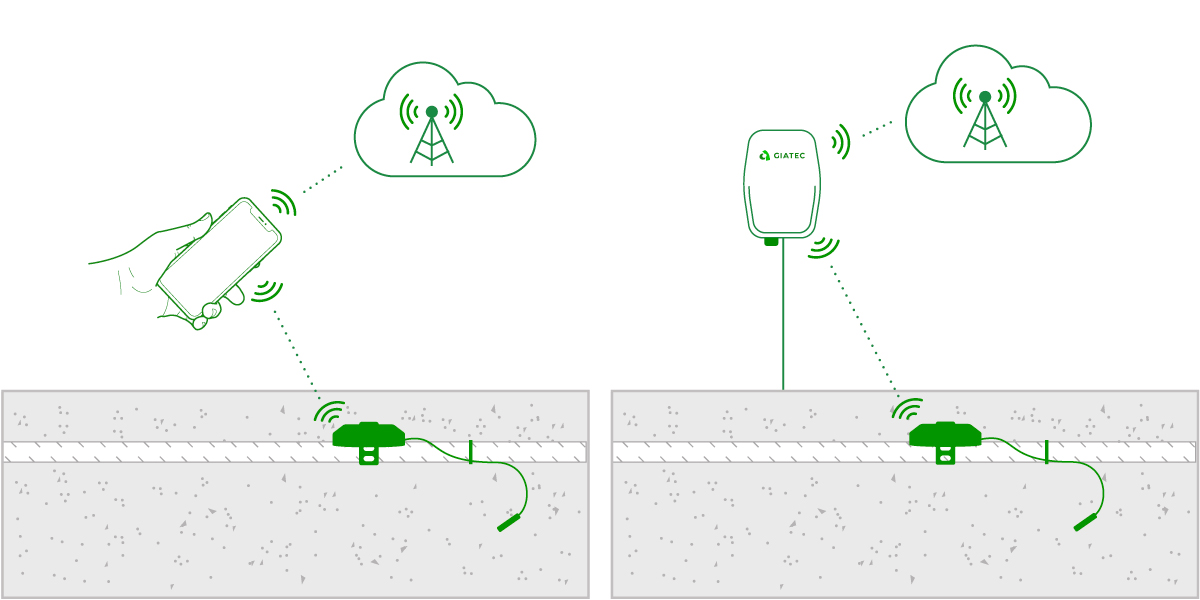Construction dispute resolution is a crucial aspect of construction project management, aimed at identifying, addressing, and resolving conflicts that arise throughout the project lifecycle. An effective dispute management process ensures that projects are completed on time, within budget, and meet quality standards. In this blog, let’s explore the role of dispute management, common dispute resolution methods, and their benefits for professionals handling disputes in construction projects.
SmartRock® Long Range Savings for Big Projects
Why Do Disputes Happen?
Understanding the root causes of construction disputes is key to preventing them before they even begin. While every project is unique, many conflicts stem from common issues that can often be avoided with a bit of foresight and planning.

Disputes can stem from:
- Unclear contract terms
- Poor communication between parties
- Delays and unexpected site conditions
- Design changes mid-project
- Ambiguities in responsibility or scope
Specific issues that often escalate conflicts include:
- Scope Creep: Changes to project requirements without proper documentation or approval can lead to disputes over cost and timelines.
- Inconsistent Documentation: Incomplete or inaccurate records can create confusion when validating completed work or assessing changes.
- Failure to Adapt to Changes: Unforeseen challenges, like site conditions or supply chain delays, can lead to conflicts if not properly managed.
These issues don’t just hurt progress; they can drain morale, sour relationships, and spike costs. In fact, according to the 2024 Arcadis Global Construction Disputes Report, the average dispute value in North America reached approximately $43 million, marking a slight increase from the previous year. Meanwhile, the average time required to resolve these disputes increased by 6%, now standing at around 14.4 months. This significant duration can impact project timelines and funding.
Recognizing these causes helps project teams proactively address them and reduce the likelihood of disputes.
What’s the Role of Dispute Management in Construction Projects?
Construction dispute resolution is vital for minimizing risks and ensuring projects stay on course. It involves both preventing conflicts before they arise and resolving issues quickly when they do. By addressing potential conflicts early, dispute management keeps the project timeline intact, avoids escalating costs, and helps maintain strong working relationships.
Prevention of Disputes
Some of the most important steps in this process is:
- Ensuring clear contract documentation. A well-written contract lays the foundation for dispute resolution by being comprehensive, clear, and unambiguous. This reduces misunderstandings and sets the groundwork for addressing issues if they arise.
- Clearly defining the roles and responsibilities of all parties involved in the project minimizes potential conflicts. When each party knows what is expected, disputes are less likely to occur.
- Transparent communication is another critical factor in preventing disputes. Maintaining open lines of communication helps foster trust and allows for early identification of potential issues. Early discussions and problem-solving can prevent small disagreements from evolving into major conflicts.
Early Detection and Resolution
Monitoring the progress of a project through regular site visits, meetings, and performance reports helps detect issues early on. By doing so, disputes can be addressed quickly, preventing them from disrupting the project’s timeline. Documenting key activities and decisions, such as contract amendments and approvals, provides a reliable reference if conflicts surface. This record can clarify misunderstandings and ensure that all parties are on the same page.
Types of Dispute Resolution Methods in Construction
There are various methods for resolving disputes in construction projects, each with its own advantages:
- Adjudication: A neutral adjudicator reviews the evidence and provides a binding decision, often used in ongoing projects. An example of this process is the Ontario Dispute Adjudication for Construction Contracts (ODACC) under the Construction Act.
- Mediation: A mediator facilitates discussions between disputing parties to help them reach a mutually acceptable solution. For example, a contractor and client might use mediation to settle a disagreement over scope changes without resorting to litigation.
- Arbitration: Disputes are heard by an arbitrator who makes a binding decision. Arbitration is often chosen for its confidentiality and efficiency compared to litigation.
- Litigation: A formal, public process where disputes are taken to court and resolved by a judge. This method is often a last resort for significant breaches of contract or financial disputes.
- Dispute Resolution Boards (DRBs): A panel of experts provides recommendations or decisions on disputes as they arise, often used in large infrastructure projects. For example, DRBs are frequently set up in major public works to ensure swift resolution of issues during the construction phase.
These construction dispute resolution methods are chosen based on project complexity, urgency, and the nature of the conflict.
Benefits of Effective Construction Dispute Resolution
Disputes are a part of any construction project, but how you handle them can make all the difference. Managing conflicts quickly and effectively keeps projects moving forward while eliminating potential hurdles. Here’s how solid dispute management can benefit your project and your business:
Cost Efficiency
By resolving conflicts promptly, legal expenses are reduced, preventing disputes from escalating into lengthy legal battles. Effective dispute management also ensures that project timelines are maintained, avoiding costly delays that can result in financial overruns.
Preservation of Business Relationships
Handling disputes constructively helps preserve professional relationships, which are essential for future collaborations. A company known for resolving conflicts amicably is more likely to earn trust within the industry. Furthermore, strong dispute management practices enhance a company’s reputation, making it more competitive when bidding for new projects.
Improved Project Outcomes
Resolving disputes ensures that quality standards are maintained throughout the project. Additionally, timely and fair resolution leads to higher stakeholder satisfaction, which benefits clients, contractors, and subcontractors.
Want to learn more about construction management? Check out our blog!
SmartRock® Long Range Savings for Big Projects
Case Study: Panama Canal Expansion Dispute
In the construction industry, disputes can escalate rapidly, drawing public attention and impacting project timelines and finances. A notable example of construction dispute resolution is the Panama Canal Expansion Dispute, which became one of the most significant construction disputes in history.
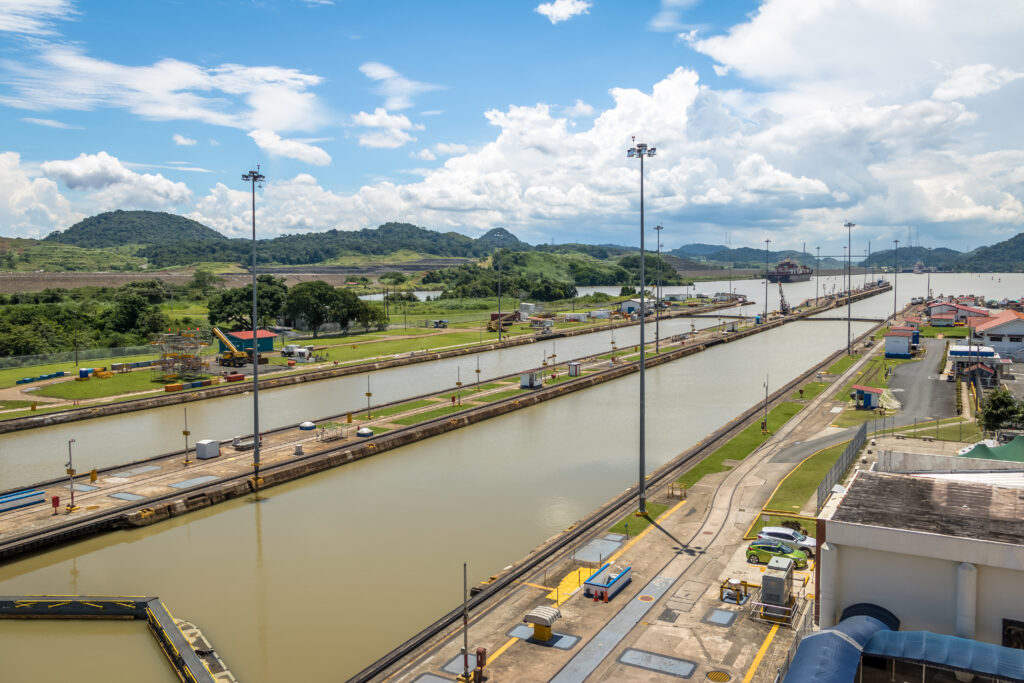
Background of the Dispute
In 2009, the Panama Canal Authority (ACP) initiated a $5.2 billion project to expand the canal, aiming to accommodate larger vessels and increase global trade capacity. The contract was awarded to the consortium Grupo Unidos por el Canal (GUPC), led by Spanish firm Sacyr Vallehermoso and including Italy’s Impregilo, Belgium’s Jan De Nul, and Panama’s Constructora Urbana. By 2014, GUPC reported cost overruns amounting to $1.6 billion, citing unforeseen geological conditions and other challenges. This led to work stoppages and public disputes between GUPC and ACP, threatening the project’s completion and attracting international media coverage.
Role of Dispute Resolution Professionals
To address the impasse, both parties engaged in dispute resolution mechanisms outlined in their contract. The process involved:
- Dispute Adjudication Board (DAB): The independent panel reviewed claims and provided decisions.
- International Arbitration: Unresolved disputes were escalated to the International Chamber of Commerce (ICC) for arbitration.
Dispute resolution professionals, including adjudicators and arbitrators with expertise in international construction law and large-scale infrastructure projects, played a crucial role in facilitating negotiations, interpreting contract provisions, and ensuring that both parties adhered to agreed-upon procedures.
How Giatec’s Ecosystem Supports Construction Dispute Management
Disputes in construction often arise from unclear timelines, undocumented site conditions, or disagreements over concrete performance. Giatec’s ecosystem, including SmartRock® sensors, the Giatec 360™ platform, and MixPilot™, an in-transit concrete monitoring system, offers tools that support proactive dispute management and resolution.
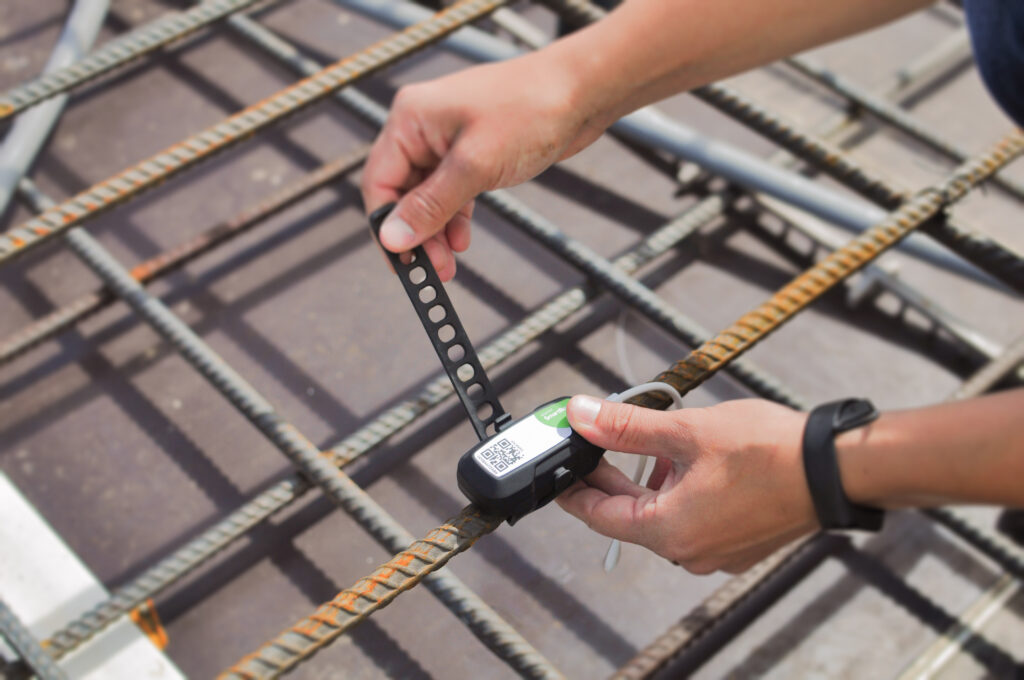
Real-Time, Accurate Data
SmartRock sensors collect continuous data in real time on concrete temperature and strength. This objective record serves as reliable evidence during claims related to curing conditions, strength achievement, or schedule delays.
MixPilot complements this by capturing live data on concrete slump, temperature, and volume during delivery. As the industry’s first non-invasive, self-calibrating in-transit monitoring system, MixPilot ensures that concrete properties are within specification before placement. This reduces uncertainty about material quality and provides a verifiable trail when disputes arise over concrete condition upon arrival.
Centralized & Transparent Reporting
With Giatec 360, teams can generate and share PDF or CSV reports that document project progress, calibration history, and threshold alerts. These records support clear communication between stakeholders and can be used to validate or refute claims during mediations, adjudications, or legal proceedings.
Data from both SmartRock and MixPilot is consolidated within Giatec 360, allowing teams to present a complete picture from batching and transit conditions to onsite curing and strength development. This unified reporting enhances transparency across the entire concrete lifecycle, reducing miscommunication that often fuels disputes.
Enhanced Documentation & Activity Logs
The platform logs sensor activity, user actions, and project-level decisions, creating a robust audit trail. When questions of responsibility, specification compliance, or delivery conditions arise, detailed records from both jobsite sensors and transit monitoring provide the documentation needed to clarify events and support resolution.
MixPilot’s continuous tracking of truck performance and concrete properties during delivery adds an extra layer of documentation that helps verify whether issues originated during transport or onsite.
Predictive Insights & Data-Driven Planning
Giatec equips teams with predictive tools such as thermal modeling and maturity calibration validation to help anticipate performance and avoid future disputes. MixPilot strengthens this approach by enabling early detection of slump or temperature deviations in transit, allowing real-time adjustments before issues impact placement or quality.
This proactive visibility into potential problems, before the concrete is even poured, reinforces a contractor’s position in cases where planning and quality control come under scrutiny.
Seamless Integration
Giatec 360 integrates with major construction management platforms like Procore and offers open API access, making it easy to centralize data from across the Giatec ecosystem. Information from SmartRock and MixPilot flows into a single dashboard, simplifying collaboration and data sharing among stakeholders.
This system-wide integration ensures that decisions are made using consistent, trustworthy information, whether on the jobsite, in the office, or during a dispute resolution process.
By delivering accurate real-time data, transparent reporting, complete documentation, and predictive tools, Giatec’s ecosystem, including SmartRock, Giatec 360, and MixPilot, empowers construction teams to prevent disputes and resolve them with confidence when they occur.
Conclusion
Effective construction dispute resolution is key to keeping construction projects on track. By preventing conflicts before they arise, addressing issues early, and resolving disputes quickly, projects are more likely to stay on schedule, within budget, and up to the highest standards. Dispute resolution professionals play a crucial role in this process, just like we saw with the Panama Canal Expansion dispute. Having the right expertise and tools in place makes all the difference when managing complex challenges in large-scale projects. With the proper management, techniques, and technologies, we can keep projects moving forward seamlessly.
Proper construction documentation can make a difference. Learn more about effective documentation management here!




